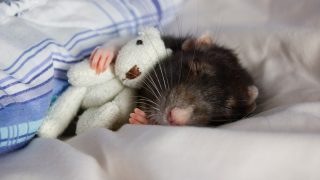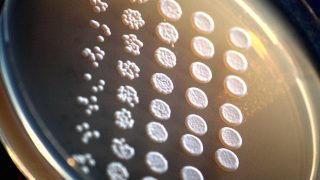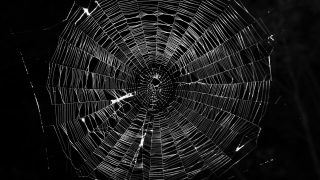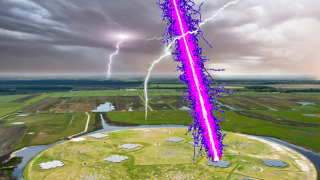
MI weekly selection #135
Humanities & Social Sciences • Science • Technology • Weekly Selection
Rats’ desires to go certain places revealed in their dreams Rats dream about places they want to go, according to a study published in eLife. Researchers showed an inaccessible treat to rats, then coaxed them to sleep in a comfortable nest, monitoring their brain activity, and when they woke, they went directly to the place […]








